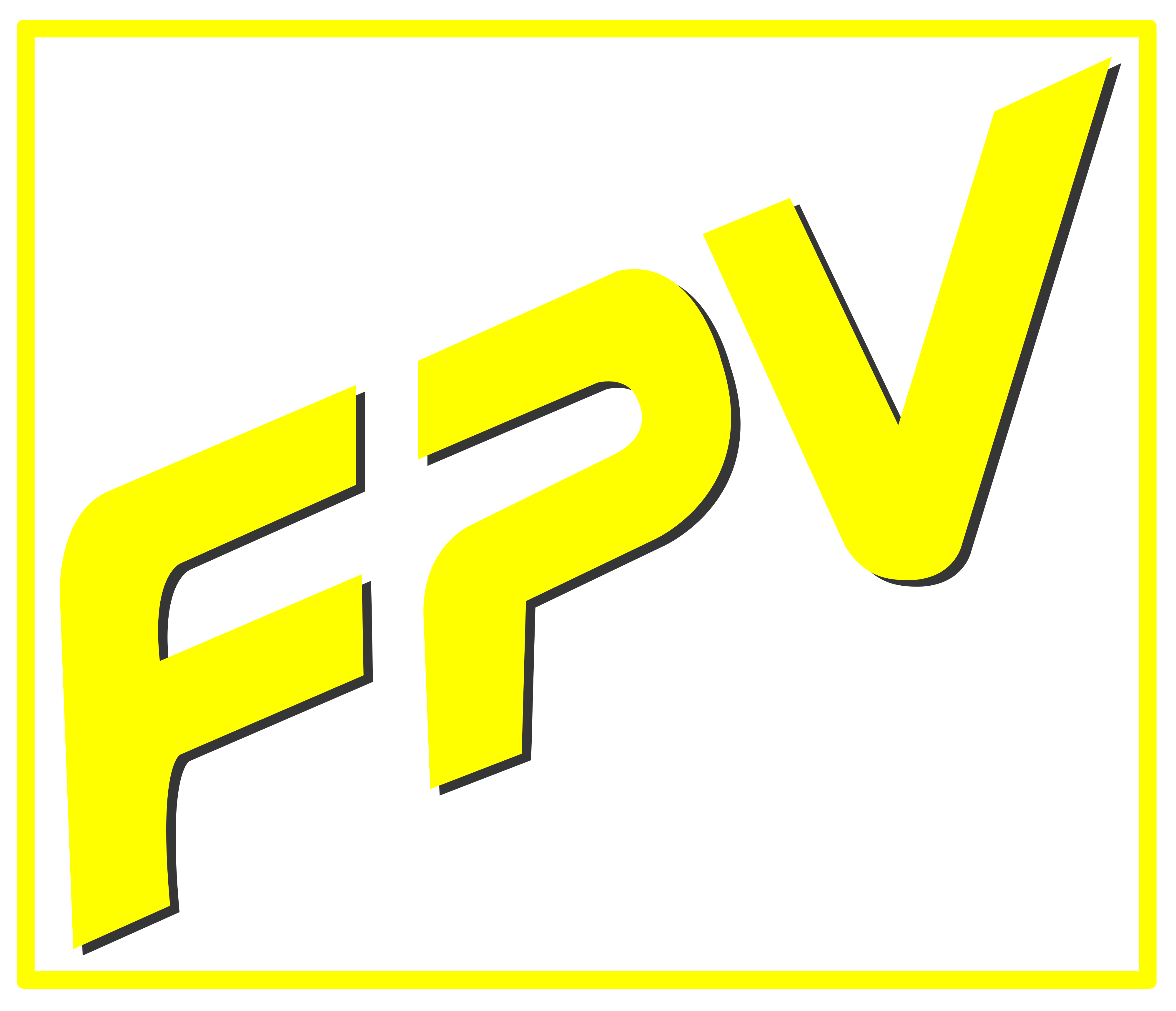Top-Rated Accounting and Bookkeeping Solutions for Breweries
25 mayo, 2022–ß—ā–ĺ –Ę–į–ļ–ĺ–Ķ –°—ā–ĺ–Ņ –õ–ĺ—Ā—Ā –Ě–į –Ď–ł—Ä–∂–Ķ –ö–į–ļ –ü—Ä–į–≤–ł–Ľ—Ć–Ĺ–ĺ –í—č—Ā—ā–į–≤–Ľ—Ź—ā—Ć –Ě–į –ď—Ä–į—Ą–ł–ļ–Ķ
7 noviembre, 2022
Items designated as direct materials are usually listed in the bill of materials file for a product. The cost of direct labor includes the labor, payroll taxes, and benefits of the production crew that produces goods, such as machine operators, assembly line operators, painters, and so forth. Factory overhead is the costs incurred during the manufacturing process, not including the costs of direct labor and direct materials. Overhead costs include rent, utilities, depreciation, supervisory salaries, equipment setup costs, and so forth. Small businesses can accurately calculate Online Accounting total production costs by summing up all direct costs (raw materials, labor) and indirect costs (overhead expenses). For example, a bakery calculating the cost of producing a cake would include flour, sugar, baker’s wages, and a portion of rent and utility bills for the production area.

Accounting for Total Manufacturing Cost
- Total manufacturing cost is the aggregate amount of cost incurred by a business on its production operations within a reporting period.
- Total manufacturing cost is an accounting metric that sums up all of the costs that go into manufacturing a company’s products.
- Enerpize automates COGS calculations by integrating real-time inventory tracking with purchase and sales records.
- This is where Itefy’s Manufacturing Equipment Management Software comes in.
- A break-even point allows you to foresee the level of production volume, set the price, and even decide whether to buy new machines or tools, as one is able to know ahead of time how much will be spent.
If the thread Car Dealership Accounting used per piece costs about £1 and each label is approximately £0.50, then the total direct material cost will be £11.50. “When a manufacturer begins the production process, the costs incurred to create the products are initially recorded as assets in the form of WIP inventory. Manufacturers can compare the costs of making a product using different manufacturing processes. This helps them understand the most efficient process and the investment they need to make for the selected process. According to the book Manufacturing Cost Estimating, the benefits of calculating the costs of manufacturing range from guiding investment decisions to cost control.
What is the Cost of Goods Sold?
Direct labor cost is computed by multiplying the total hours worked by the labor rate per hour, including any additional benefits or payroll taxes. A cost management system can integrate seamlessly with other total manufacturing cost formula business tools such as ERP, accounting software, and supply chain management systems. This allows for streamlined data flow between departments, improving overall efficiency. Wages can be either a fixed or variable cost depending on how they’re structured.
- A lower COGS percentage indicates higher profitability, while a higher percentage suggests increased production costs.
- Understanding these components helps businesses calculate total manufacturing costs accurately.
- If your monthly overhead costs are $15,000 and you produce 1,000 units, Brahmin Solutions will calculate the Overhead Cost Per Unit as $15, giving you a clear understanding of your overhead allocation.
- The main components of total manufacturing cost are direct materials, direct labor, and manufacturing overhead.
- For example, in car manufacturing, steel, tires, and glass are direct materials.
Integration With other Business Systems

Total manufacturing cost (TMC) also means total manufacturing cost, which is the total cost of all the activities to convert all the raw materials into a completed product. It is crucial in the business and reveals a certain order of the production processes in relation to the set objectives. ProjectManager is award-winning project management software that helps manufacturers plan, manage and track their manufacturing costs in real time. Our software has powerful Gantt charts to plan your manufacturing costs and secure timesheets to track labor costs all in real time. That’s on top of our features such as our automated workflows and task approval settings to streamline processes and ensure quality.
Production Schedule Template

As such, calculating TMC precisely is invaluable for anyone looking to gain more insight into their manufacturing cost accounting fundamentals. This cohesion leads to powerful data, that can be reported on, analysed, and used for important strategic decisions. It’s much easier to work out total manufacturing cost when the latest financial data can be accessed at the click of a button, and when the information from all departments is inter-connected. For a computer manufacturer, this would include the cost of components, assembly labor, and overhead costs like electricity for the production facility. Businesses can monitor and control manufacturing costs by setting up a robust cost tracking system, conducting regular budget vs. actual cost analyses, and identifying areas for improvement.

Automate COGS With Enerpize
- To calculate the total manufacturing cost, add together the raw material cost, direct labor cost, and manufacturing overhead cost.
- The total manufacturing cost (TMC) gives businesses a detailed view of their production expenses, guiding pricing and budgeting strategies.
- Combining scientific literature with his easily digestible writing style, he shares his industry-findings by creating educational articles for manufacturing novices and experts alike.
- Manufacturers can compare the costs of making a product using different manufacturing processes.
The goal is to factor in variable costs ‚Äď like staff with higher or lower pay rates ‚Äď to gain a single value for the cost of an hour of work. In coffee manufacturing, for example, the cost of coffee beans is a direct material cost. And for craft brewers, their direct material costs would include the yeast, hops and water used. Indirect costs are likely to be fixed costs that include rent, insurance, quality control costs, depreciation, and the salaries of production supervisors and managers.

